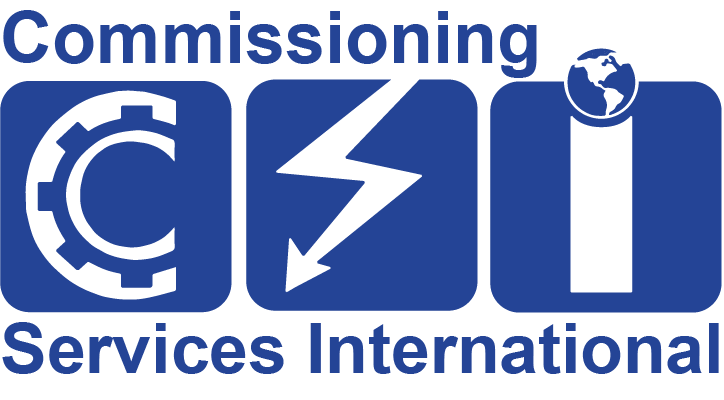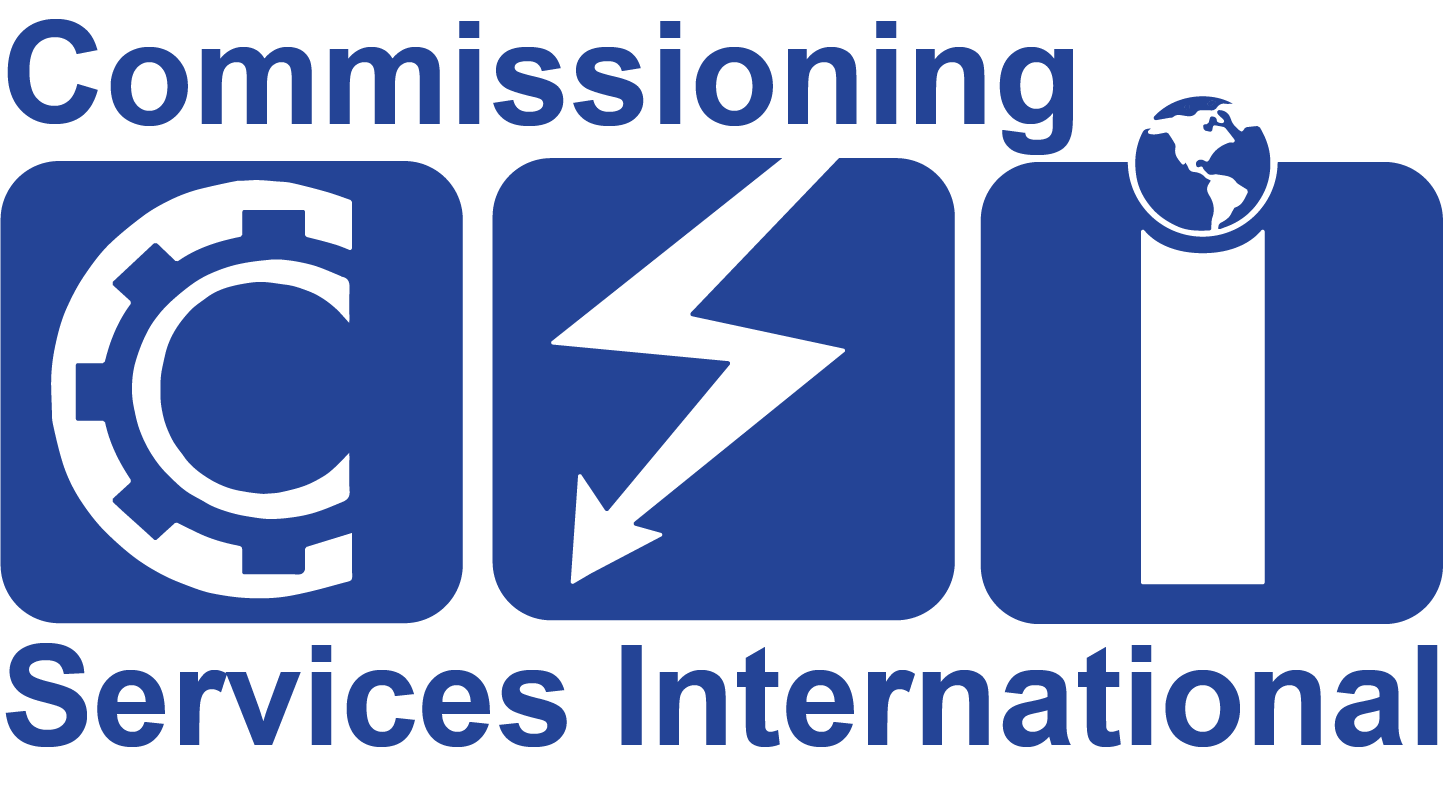In the world of construction and building design, MEP (mechanical, electrical, plumbing) systems play a crucial role in the overall functionality and sustainability of a structure. These systems directly impact a building’s energy consumption, occupant comfort, and operational efficiency. To ensure that MEP systems are installed correctly and function efficiently, commissioning and documentation are indispensable processes. In this blog post, we will explore the benefits of commissioning and documentation for MEP projects, highlighting how these practices contribute to optimal performance and efficiency.
The Importance of MEP Systems in Building Performance
MEP systems encompass a wide range of critical components, including heating, ventilation, air conditioning, lighting, electrical distribution, plumbing, and fire protection. Together, these systems are responsible for maintaining a comfortable and safe indoor environment, supporting the occupants’ needs, and minimizing energy consumption. As MEP systems have a direct impact on a building’s operational costs and environmental footprint, their proper design, installation, and functioning are paramount.
Commissioning: Ensuring Optimal Performance
Commissioning is a systematic process that ensures that all MEP systems are designed, installed, and operated to perform at their optimum capacity. It involves comprehensive testing, verification, and documentation to guarantee that each component of the MEP systems meets the specified design intent and performance requirements. Through commissioning, any potential issues or deficiencies can be identified and resolved before they escalate into larger problems.
Benefits of Commissioning
a. Energy Efficiency: Properly commissioned MEP systems are fine-tuned to operate efficiently, reducing unnecessary energy wastage and contributing to long-term energy savings.
b. Improved System Reliability: Commissioning helps identify and address potential system malfunctions, leading to increased reliability and reduced downtime.
c. Enhanced Occupant Comfort: Fine-tuning MEP systems through commissioning ensures a comfortable indoor environment, with consistent temperature, air quality, and lighting.
d. Compliance and Certification: Commissioning is often a prerequisite for green building certifications, such as LEED (Leadership in Energy and Environmental Design), which enhances a building’s marketability and sustainability credentials.
Documentation: The Backbone of Efficient Operations

Accurate documentation is a fundamental aspect of MEP projects. It involves recording all aspects of the design, installation, and maintenance of the MEP systems in a structured and organized manner. Comprehensive documentation serves as a valuable resource for building operators, facility managers, and maintenance teams throughout the building’s lifecycle.
Benefits of Documentation:
a. Maintenance and Repairs: Detailed documentation facilitates efficient maintenance and repair work, ensuring that all stakeholders have access to crucial information.
b. System Understanding: Building operators can refer to the documentation to gain a deeper understanding of the MEP systems, leading to better-informed decision-making.
c. Future Upgrades: Well-documented MEP systems make future upgrades and modifications more straightforward and cost-effective.
d. Compliance and Regulations: Proper documentation helps ensure compliance with building codes, safety standards, and legal requirements.
Conclusion
MEP systems are the lifeblood of a building, significantly impacting its energy consumption, operational efficiency, and occupant comfort. To harness the full potential of these systems, commissioning and documentation are indispensable practices. Commissioning ensures that MEP systems are optimized for performance, energy efficiency, and occupant comfort, while documentation serves as a reliable reference for efficient maintenance and future upgrades.
By investing in proper commissioning and documentation for MEP projects, building owners and operators can unlock a host of benefits, including reduced energy costs, enhanced system reliability, improved occupant satisfaction, and compliance with sustainability certifications. Ultimately, the meticulous attention to these critical aspects contributes to creating sustainable, efficient, and future-ready buildings that stand as testaments to responsible construction and design.



Leave a Reply